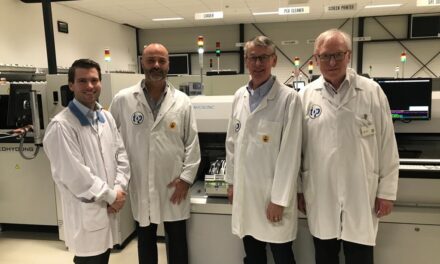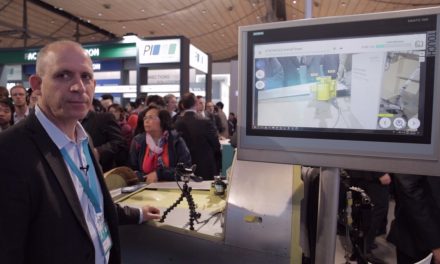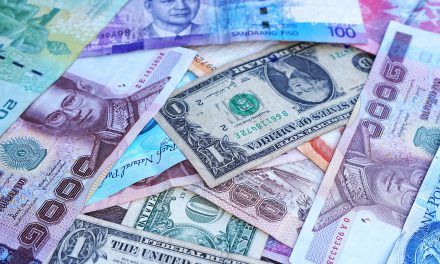NextFuel to intro world’s first CO2 negative fuel at UN Climate Summit

By Pradeep Chakraborty
NextFuel AB, of Stockholm, Sweden, will introduce the world’s first CO2 negative fuel at the UN Climate Summit, on December 12, in Katowice, Poland.
An estimated 20,000 people from 190 countries will take part in the event, including politicians, representatives of non-governmental organizations, the scientific community and business sector. NextFuel has been invited by the Austrian Government that has the presidency of the EU Council. The UN event runs Dec. 3-14.
NextFuel’s completely new energy solution to climate change is CO2 negative, cheap, profitable and massively scalable. Its CO2 negative fuel briquette, made from elephant grass, is cheaper than oil and cheaper than coal in most markets. A coal plant can, without any investments, directly replace some or all of its coal with this clean alternative.

Briquette replaces coal directly in coal plant
So, what’s this new CO2 – negative energy source, as an alternative to coal and oil?
Audun Sommerli Time, chief marketing officer (CMO), said: “We produce a clean copy of fossil fuels made of elephant grass in less than 30 minutes, that we call NextFuel. Elephant grass grows up to 4 meters in less than 100 days.
“When we turn this into fuel, we get NextFuel briquette that can even replace coal directly in a coal plant, but at the same time, have a carbon cycle for only a few months and also stores some the CO2 in the ground, making our whole process CO2 negative on a one-year basis. Not a carbon cycle of millions of years, like coal, or decades like wood pellets.”
Unique NextFuel torrefaction process
NextFuel has an unique torrefaction reactor that is used to produce this CO2 negative copy of fossil fuels.
Audun said: “The unique NextFuel torrefaction process is as follows when we transform grass to a clean copy of fossil fuels. We start by planting energy crops like elephant grass on cheap marginal land, not suitable for food production, and there is plenty of that all around the world. Elephant grass plant grows up to 4 meters in 100 days giving us several crops to harvest each year. It also stores so much CO2 below ground when the grass is growing, that our entire process becomes CO2 negative in a matter of months. After the elephant grass is harvested, it is chopped up and dried on belt driers. At this point the moisture content is no more than 5 percent.
“During the next step, the grass is fed into our patented NextFuel reactor. This is a rotary drum, indirectly heated and operated with low oxygen atmosphere. While inside that drum, volatile elements are separated from the grass, and the physical properties together with the energy content are transformed in less than 30 minutes in such a way that we call our fuel a clean copy of fossil fuel.
“The reactor also drives out the off-gases from the grass. They are used as surplus energy to produce heat or electricity to power the facility. After the reactor is finished, the fuel is densified and turned into briquettes that we cool on a cooling line. These briquettes are called NextFuel and are ready to use directly as a CO2 negative fossil fuel substitute, both in the industry and for electricity production.”
When you say oil, does it have the capacity to run cars, ships, etc.?
He said: “Not in cars yet, since it is not liquid, but, it can replace heating oil in most industries, and produce clean electricity, thereby making it possible for electric cars to faster impact the transportation sector. The key use for NextFuel is to replace coal in coal plants, cement plant and steel plants or heating oil in different industries. NextFuel can also replace charcoal, and might, in the future, be used in ships able to utilize the steam.”













